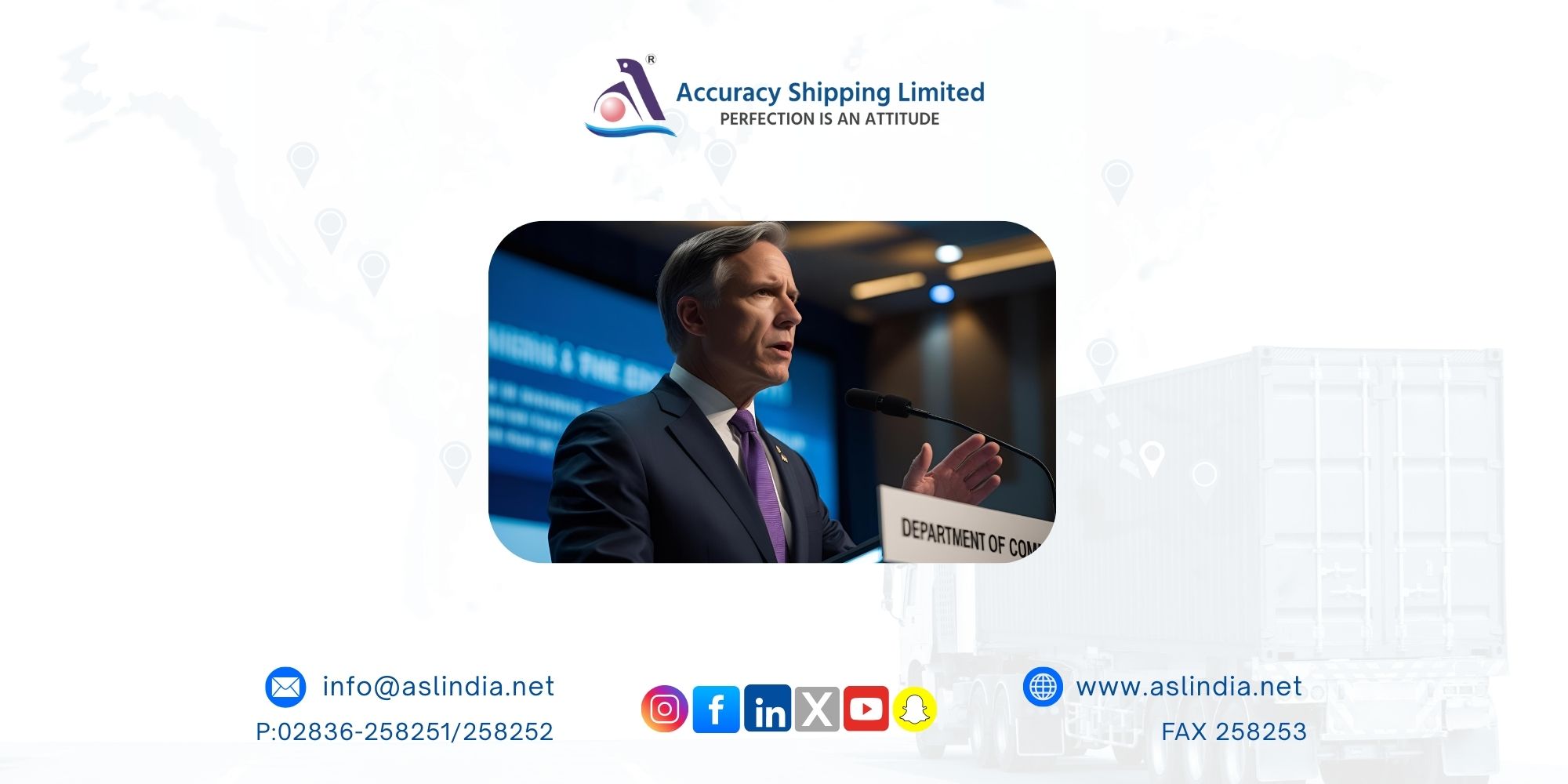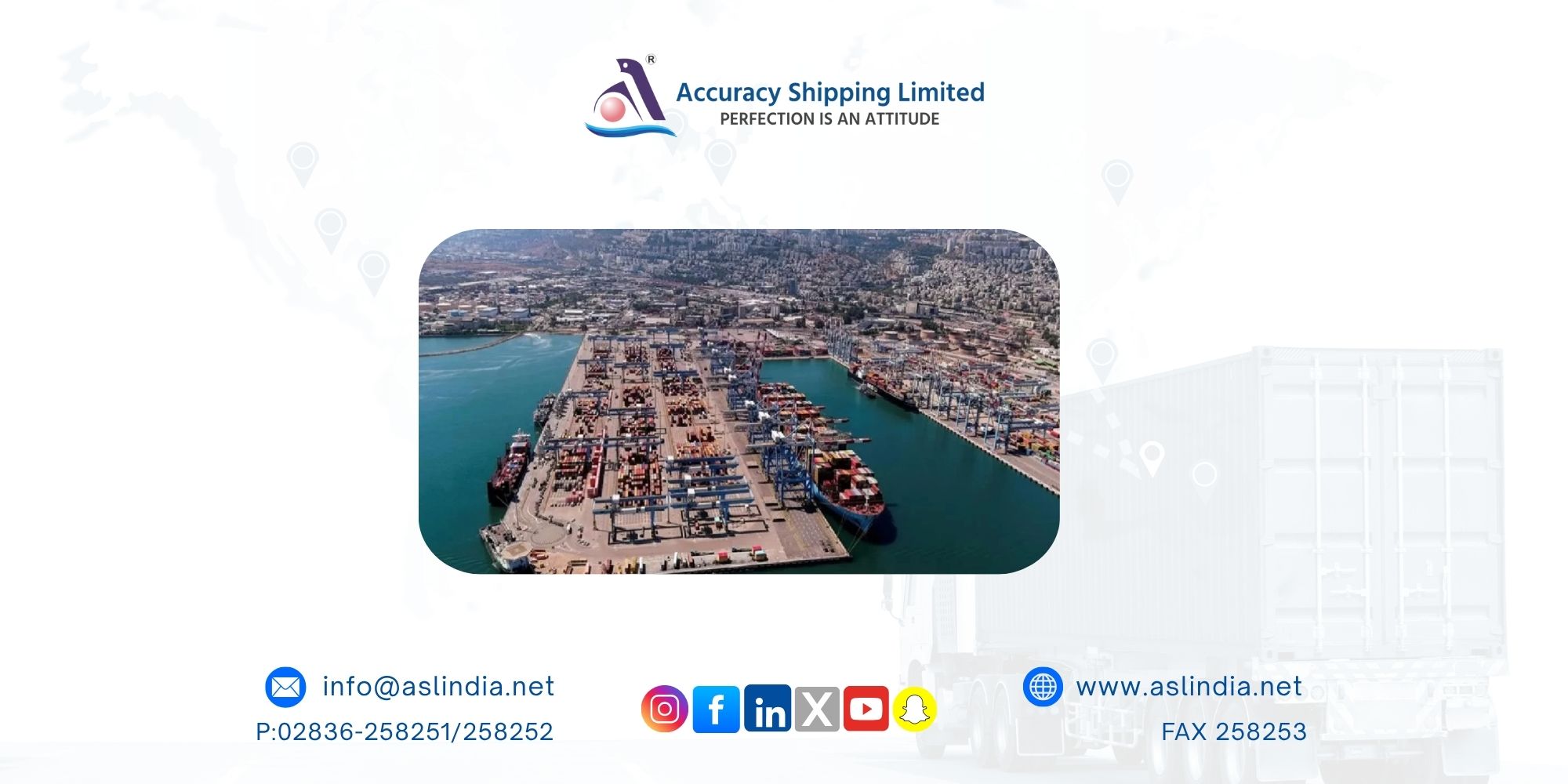Strengthen shipping ecosystem to cut crisis risks: Secretary Dept of Commerce

Why the Shipping Ecosystem Matters
India's international trade growth is intricately tied to the efficiency and resilience of its shipping ecosystem. Special Secretary in the Department of Commerce, Rajesh Agrawal, recently emphasized the urgent need for India to strengthen its maritime logistics infrastructure to reduce vulnerability during global crises. Addressing the CII’s Export Logistics Conclave, Agrawal pointed out that India's limited control over shipping operations has led to substantial losses and dependency, particularly visible during events like the COVID-19 pandemic and the Red Sea crisis.
$50 Billion Trade Deficit in Maritime Services
A stark figure underscores the problem: India incurs a trade deficit of approximately $50 billion in the services sector, attributed solely to maritime logistics. This imbalance stems from the country's dependence on foreign-flagged vessels, as Indian-flag ships are significantly limited in number. Such dependence results in unsustainable logistics costs and makes India vulnerable in times of global disruptions.
Global Disruptions and Their Impact
Global crises such as pandemics or geopolitical issues severely disrupt shipping routes and inflate logistics costs. Agrawal pointed out that during the COVID-19 pandemic, shipping costs surged dramatically, directly impacting the competitiveness of Indian exports. Moreover, any crisis affecting key maritime passages like the Red Sea leads to immediate price hikes and delays, further burdening Indian exporters.
Need for Strategic Control Over Logistics
Countries with a strong grip over their logistics networks, both maritime and air cargo, are better equipped to withstand global uncertainties. Agrawal stressed the importance of developing a “minimum degree of control” over global logistics routes. This is not just an operational necessity but a strategic goal as India moves towards its Viksit Bharat 2047 vision of becoming a developed nation.
Delays and Dependency: The Transit Challenge
The logistical bottlenecks are not just cost-related but also concern efficiency. For instance, if an Indian container destined for Africa must transit through global hubs like Singapore or Dubai, it results in time delays and increased operational costs both of which reduce the global competitiveness of Indian exports.
The Road Ahead
To overcome these challenges, India must invest in its shipping fleet, improve port infrastructure, and promote policy reforms that incentivize domestic ownership and operation of maritime assets. By enhancing its shipping ecosystem, India can not only reduce its trade deficit but also ensure smoother, more cost-effective trade routes that are resilient in the face of global uncertainties.
Conclusion
Shipping is the backbone of global trade, and for a country like India, which aspires to be a global economic leader, having control over its maritime logistics is not optional it’s essential. As Rajesh Agrawal rightly pointed out, strengthening the shipping ecosystem is crucial for achieving economic resilience and realizing the nation's long-term developmental goals.







